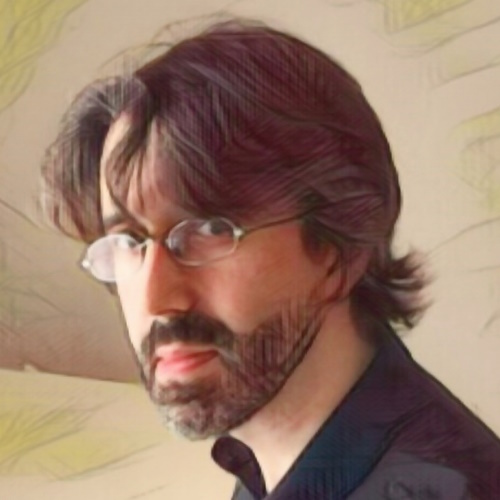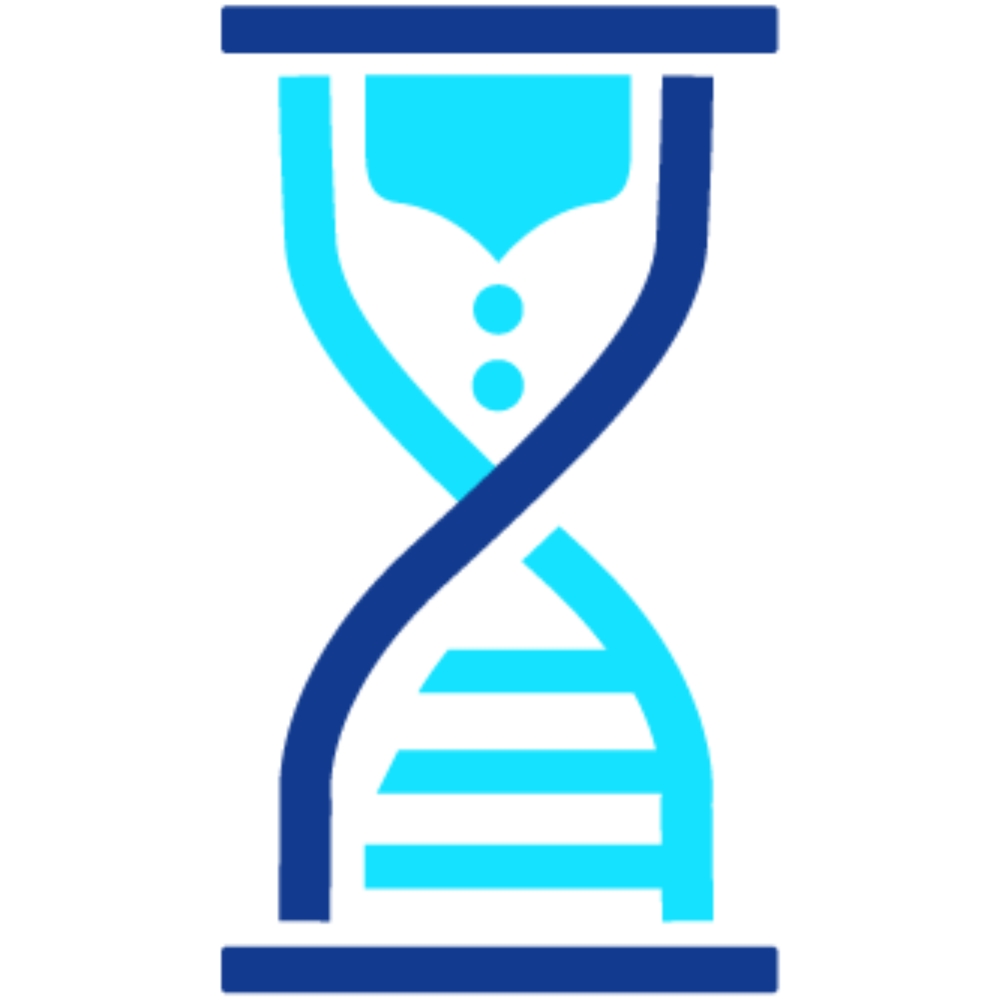Key points from article :
It’s important to have a biological understanding of aging – so we can better intervene in it.
There are several theories, or hypotheses, but none of them have been proven yet.
Hallmarks of aging paper does not explain aging.
Even if you have an intervention that extends longevity, figuring out how it works is not trivial.
Aging is a process that predisposes us to a variety of diseases. There are overlapping mechanisms between age-related diseases.
For instance, cancer and neurodegenerative diseases have this overlap, although there are also mechanisms that are specific to cancer and neurodegenerative diseases that don’t relate to other age-related pathologies.
You could argue that we can reverse aging in human cells, but whether that applies to whole organs is a completely different question.
Mice mostly die of cancer, and if you have a drug that prevents cancer, the mice are going to live longer. It doesn’t mean aging has been retarded, even though longevity has increased.
One of the problems with epigenetic clocks in that we don’t really understand what they’re measuring.
Rich people tend to live longer, but money doesn't slow down your aging process - wealthier people tend to live healthier lives.
If you’re looking across species, the problem is that there’s a lot of other differences.
When a species evolves longevity, they tend to use different tricks to achieve that, but these tricks tend to fall into some common themes like tumour suppressors, DNA damage responses, protein homeostasis.
Through different bioinformatics methods you can try to infer which genes are more important for longevity.
Long-lived species accumulate somatic mutations slower than short-lived species.
I’m working with the company called YouthBio, which focuses on cellular reprogramming.
Can we make it safe because reprograming can induce cancer.
In vitro, telomerase was fantastic. It prevents aging at the cellular senescence level, but it doesn’t prevent other aspects of aging in vivo.
Reprogramming has a bigger impact on cells than telomerase. Will need tweaking to make it more efficient and safer.
Skeptical that reprogramming is going to be the first success story, because folks have been doing drug development for a long time.
We need billions of dollars every year from the government for biology of aging research.
From a very early age, I wanted to cure aging.
I don’t think we’re going to cure aging in my lifetime.
I think human cryopreservation is achievable.







